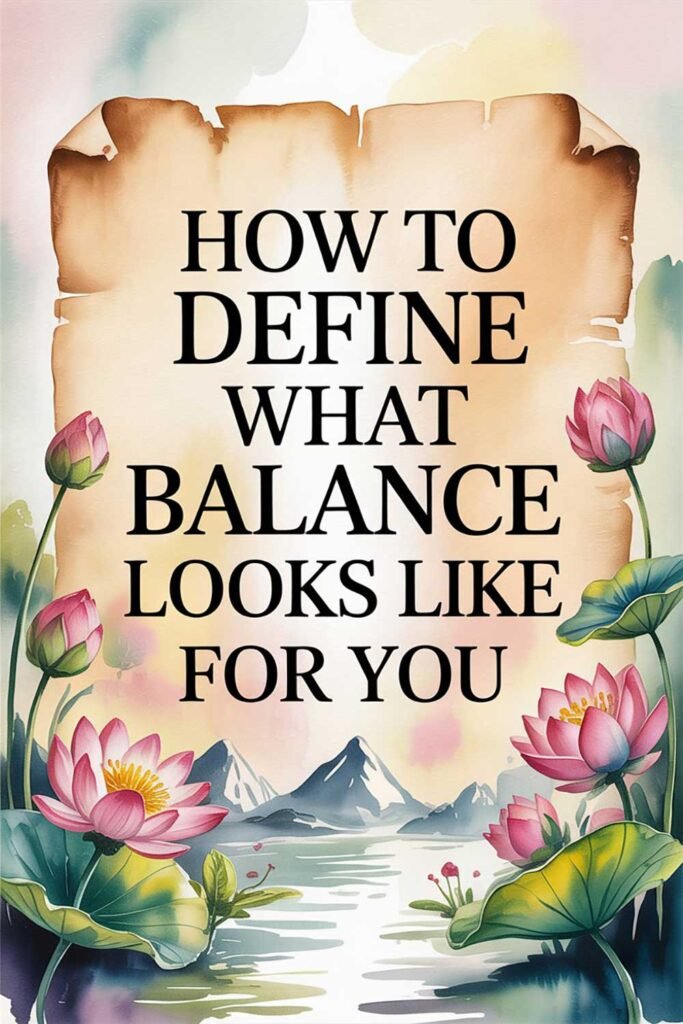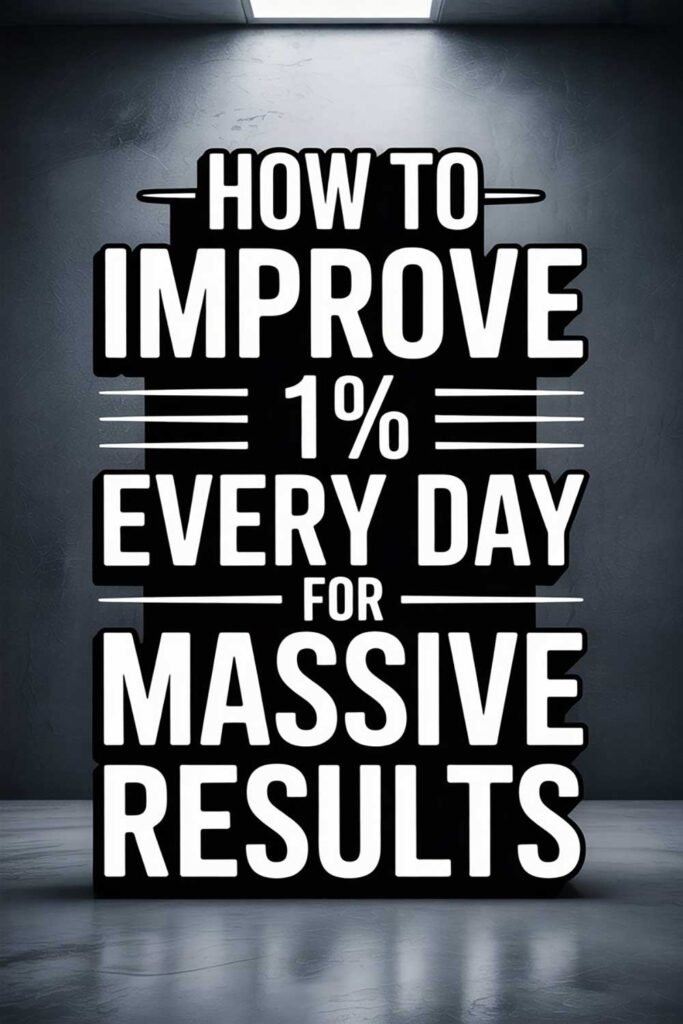What Your Money Habits Say About You
Our relationship with money is one of the most telling and personal aspects of who we are. Whether you meticulously budget every dollar, impulsively spend when you’re stressed, or avoid checking your bank account altogether, your money habits reveal more than just your financial status — they offer a window into your mindset, values, priorities, and even your emotional health.

Understanding your financial behavior can help you break bad cycles, reinforce smart practices, and build a healthier, more confident future. In this guide, we’ll explore how your money habits reflect who you are, how they develop, and what you can do to shift them in your favor.
Why Money Habits Matter
Money habits aren’t just about numbers. They are about trust, control, fear, comfort, status, and freedom. The way you handle your finances — consciously or unconsciously — influences everything from your relationships to your mental health and long-term success.
Your money habits matter because:
- They reflect your core beliefs about abundance and scarcity
- They impact your sense of control and self-worth
- They shape your present reality and future opportunities
- They can signal emotional patterns, like anxiety, guilt, or even rebellion
Common Money Habits and What They Reveal
1. You Save Religiously but Rarely Spend
You might value security above all else, possibly due to a fear of uncertainty or past financial instability. This habit suggests a mindset focused on preparedness and control, but it may also reveal hidden anxiety or scarcity thinking.
Real-Life Example: Jessica grew up in a low-income household. Even after landing a high-paying job, she struggled to spend money on herself, always fearing something would go wrong. Therapy helped her realize her savings were rooted in fear, not freedom.
2. You Spend to Feel Better
Emotional spending often points to unmet emotional needs. Whether it’s loneliness, boredom, stress, or self-worth issues, money becomes a coping mechanism.
Real-Life Example: Kevin found himself shopping online whenever he had a bad day at work. After journaling his emotions for a month, he noticed a pattern: his spending spiked when he felt undervalued. He began addressing the root issue at work instead.
3. You Avoid Budgeting or Checking Bank Balances
This habit often signals financial avoidance — a behavior driven by fear, shame, or overwhelm. You might feel out of control or guilty about past mistakes.
Real-Life Example: Emma avoided her credit card statements for months until she faced $6,000 in debt. Once she sat down and faced the numbers, she realized the anxiety was worse than the actual situation. She created a plan and paid it off within a year.
4. You Invest Confidently and Take Calculated Risks
This reflects a growth mindset, long-term thinking, and a comfort with delayed gratification. It shows confidence, strategic thinking, and usually a good financial education.
Real-Life Example: Josh reads financial books regularly and invests 20% of his income. He says it makes him feel empowered and prepared, and it’s a habit that reflects his drive for independence.
5. You Splurge on Others but Neglect Yourself
This might point to self-worth issues or a strong need for external validation. It may also reflect how you express love or value relationships — sometimes at your own expense.
Real-Life Example: Tina would buy lavish gifts for friends and family but never felt comfortable treating herself. She realized she equated giving with being valued. She now budgets for both giving and self-care.
6. You Live Paycheck to Paycheck Despite Earning Well
This could be a sign of lifestyle inflation, impulse control challenges, or avoidance of long-term planning. It might also mean you’re not aligning your spending with your actual values.
Real-Life Example: Brandon made over six figures but had no savings. After tracking his spending, he found thousands going toward things he didn’t even care about. He realigned his spending with what actually mattered — freedom and travel.
How Money Habits Form
Money habits are often formed in childhood. The way your parents talked (or didn’t talk) about money, how they treated it, and what you observed shapes your internal script.
You might have learned:
- Money is a source of stress
- Money equals success
- Talking about money is taboo
- Spending is a reward for hard work
These internalized beliefs become unconscious drivers — until you bring them to light.
How to Change Unhealthy Money Habits
1. Track Without Judgment
Start by tracking your spending for one month. Don’t judge — just observe. You can’t change what you don’t understand.
2. Identify the Emotion Behind the Habit
Ask yourself, “What do I feel when I do this with money?” Fear? Excitement? Guilt? Relief? Understanding the emotion is key.
3. Name Your Money Beliefs
Try writing out your money story. What did you learn growing up? What do you believe now? Which of those beliefs are serving you — and which aren’t?
4. Set Meaningful Financial Goals
Goals rooted in personal values (freedom, peace, security, legacy) tend to inspire more lasting behavior change.
5. Build New Micro-Habits
Start small: automate savings, review spending every Friday, or set reminders to check your balance weekly.
6. Seek Accountability and Support
Whether it’s a financial coach, therapist, or trusted friend, having support helps rewire behavior and stay on track.
20 Quotes About Money Habits and Mindsets
- “The way you do anything is the way you do everything.” – Martha Beck
- “Your habits will determine your future.” – Jack Canfield
- “Money is a tool. It will take you wherever you wish, but it will not replace you as the driver.” – Ayn Rand
- “Too many people spend money they haven’t earned to buy things they don’t want to impress people they don’t like.” – Will Rogers
- “A budget is telling your money where to go instead of wondering where it went.” – Dave Ramsey
- “Don’t tell me what you value. Show me your budget, and I’ll tell you what you value.” – Joe Biden
- “Small daily improvements are the key to staggering long-term results.” – Darren Hardy
- “You must gain control over your money or the lack of it will forever control you.” – Dave Ramsey
- “The real measure of your wealth is how much you’d be worth if you lost all your money.” – Unknown
- “Financial freedom is available to those who learn about it and work for it.” – Robert Kiyosaki
- “Habits are safer than rules; you don’t have to watch them. And you don’t have to keep them either. They keep you.” – Frank Crane
- “It’s not your salary that makes you rich, it’s your spending habits.” – Charles A. Jaffe
- “Beware of little expenses. A small leak will sink a great ship.” – Benjamin Franklin
- “Success is the sum of small efforts, repeated day in and day out.” – Robert Collier
- “Wealth consists not in having great possessions, but in having few wants.” – Epictetus
- “You can’t fix what you don’t face.” – James Baldwin
- “Change your money habits, change your life.” – Unknown
- “Discipline is the bridge between goals and accomplishment.” – Jim Rohn
- “The quickest way to double your money is to fold it over and put it back in your pocket.” – Will Rogers
- “Mind over money. Always.” – Unknown
Picture This
Imagine sitting down to review your finances and feeling calm, in control, and proud. No anxiety. No guilt. You know exactly where your money is going, and more importantly — it’s going where you want it to go.
You’re saving with purpose. Spending in alignment with your values. Investing in your future. And treating money as the empowering tool it was meant to be.
What could your life look like if your money habits supported the future you truly want?
Share This Article
If this article helped you reflect on your own financial behavior, please share it with a friend, on social media, or with someone who could use more clarity and confidence around money. A better financial future can start with one good conversation.
Disclaimer
This article is for informational purposes only. It reflects personal experiences and observations and should not be considered financial or psychological advice. Please consult a licensed professional for personalized support.






